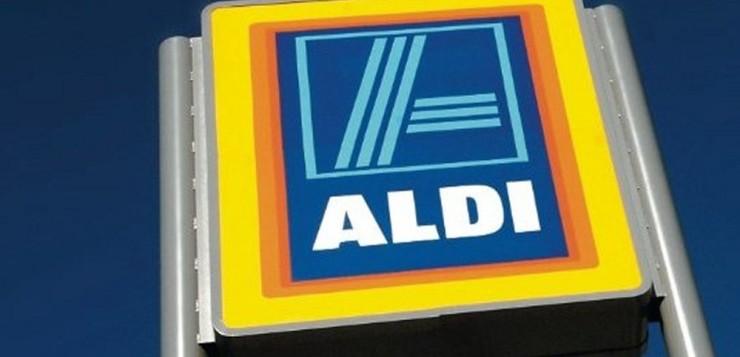ALDI’s success in Australia has opened the door for another direct competitor, Lidl, now that Australian shoppers understand and trust the discounter model and house brands, says retail expert Gary Mortimer.
Associate Professor Mortimer, from the School of Advertising, Marketing and Public Relations at QUT (Queensland University of Technology) says ALDI has created price-conscious consumers who are now willing to purchase private label or house brands over national brands, paving the way for another German discount grocery chain to enter the market.
“Lidl is to ALDI what Woolworths is to Coles – a much bigger competitor and as such will use economies of scale to keep margins necessarily low,” he said. “While Coles has won the battle on profitability, Woolworths still has more stores and generates more revenue, something that should not be underestimated.”
Lidl is the world’s sixth largest grocery retailer with an annual turnover of US$82 billion ($106 billion) while ALDI is the ninth largest with a turnover of US$73 billion ($95 billion).
“In the UK and Europe, it’s quite common for a Lidl to be positioned close to an ALDI, the same way Coles and Woolworths have supermarkets in the same or neighbouring suburbs,” Professor Mortimer said.
“ALDI’s aggressive push into South Australia and Western Australia is possibly about capturing as much market share as possible before their direct competitor arrives.”
Prof Mortimer added that ALDI had legitimised private label products and forced traditional supermarkets to lift their game on quality and price.
“Shoppers today trust private-label products more than ever before and so the proportion of private label on shelves continues to grow,” he said.
“Private-label products account for about a quarter of grocery sales. This compares with more than 40 per cent in parts of Europe and almost 20 per cent in the US, indicating there is room for expansion in Australia.”
Lidl has trademarked its brand and product ranges in Australia, but has not yet confirmed a launch.





